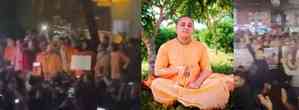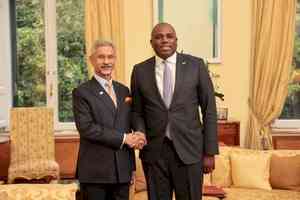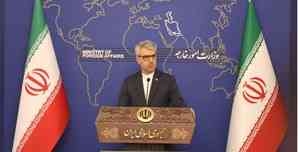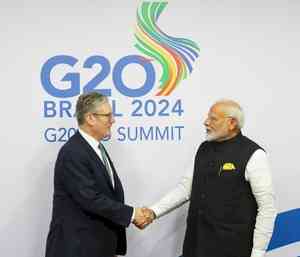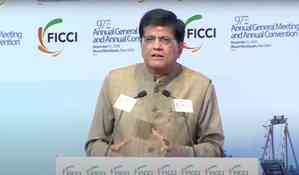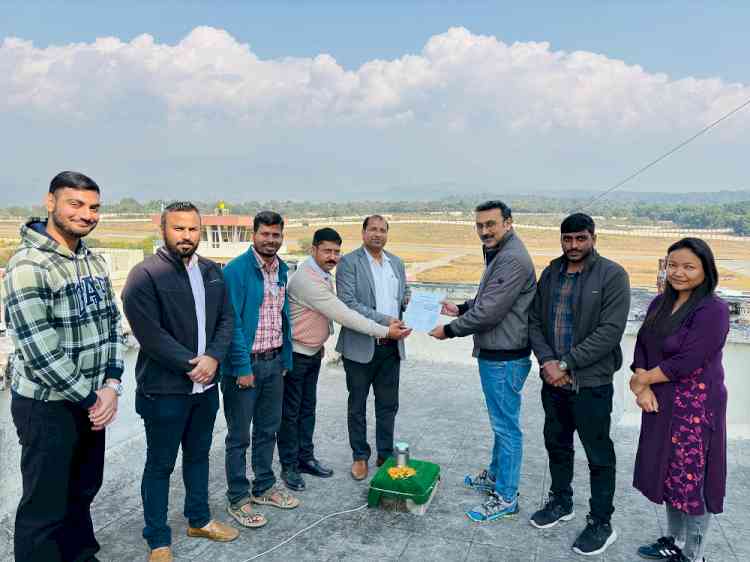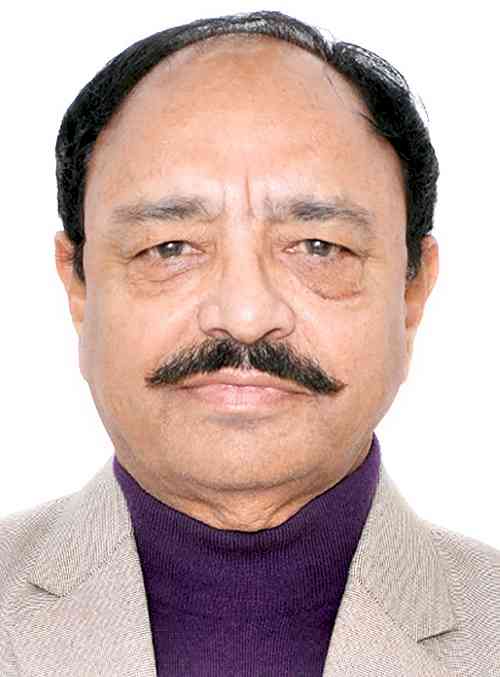Russia's presidential elections unique for several reasons
For the first time in history, voting in the Russian presidential election is taking place over three days -- from Friday to Sunday, media reported.
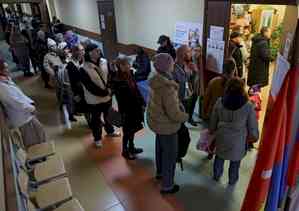
Moscow, March 17 (IANS) For the first time in history, voting in the Russian presidential election is taking place over three days -- from Friday to Sunday, media reported.
It is the first presidential vote to take place since the constitution was updated in 2020. This 'zeroed' the previous terms of the current head of state, Vladimir Putin, allowing him to participate for a fifth time, RT reported.
It is also the first presidential election in which voting will take place over three days, not only at polling stations, but also online. Moreover, it is the first election in which the residents of four new Russian regions will participate -- Kherson and Zaporozhye, and the Donetsk and Luhansk People's Republics, RT reported.
It is not the first time that Russia has held a presidential vote during an active conflict; the elections of 1996 and 2000, the latter of which saw Putin elected President for the first time, took place during the wars in Chechnya. Nevertheless, the scale of the current war with Ukraine cannot be compared to what happened in the 1990s; the military engagement in the North Caucasus was an internal Russian affair and was more of an anti-terror operation.
The only non-major party candidate to meet the CEC's requirements was Putin. As in 2018, he is running as an independent, with his candidacy supported by three factions: the governing United Russia and the opposition Fair Russia -- For Truth and Rodina, RT reported.
Putin will face three other politicians on the ballot, each of whom is from a parliamentary party, meaning they were not required to collect signatures to be nominated. Two of them are presidential election first-timers, while the other is returning to the fray after two decades.
The Communist Party's Nikolay Kharitonov is the only other candidate who has past experience of a presidential campaign. He turned 75 last October, making him the oldest participant in the race, RT reported.
At 40-years-old, Vladislav Davankov is the youngest of the four presidential candidates. He represents the New People party, created ahead of the 2021 parliamentary election, where it came fifth.
Leonid Slutsky is the leader of the right-wing Liberal Democratic Party (LDPR).
At the beginning of the week, the All-Russian Public Opinion Research Center (VCIOM), the Public Opinion Foundation (FOM), and the Institute of Social Marketing (INSOMAR) each presented their forecasts for the results of the vote. According to their overall assessment, turnout will exceed 70 per cent and Putin will win more than 80 per cent of the vote. The remaining candidates are closely matched, although Kharitonov is currently predicted to finish second, RT reported.
Experts have put the predicted outcome down to various reasons, including "consolidation around the flag" and a lack of attractive candidates other than Putin.
--IANS
san/khz


 IANS
IANS 
